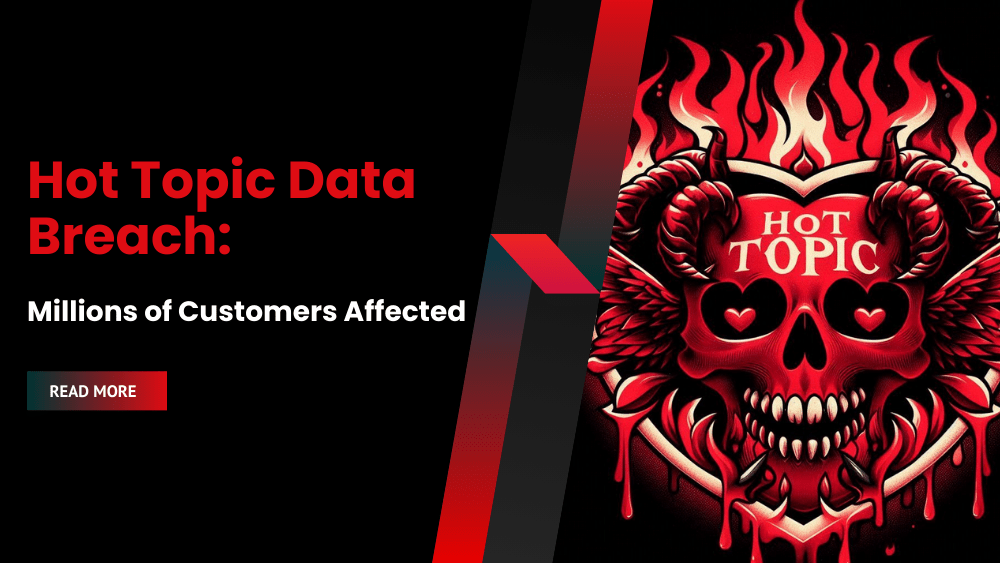Hot Topic Data Breach Exposes Millions of Customer Records
A data breach at Hot Topic, the popular fashion retailer, has potentially exposed the personal information of millions of customers. The hacker, known online as “Satanic,” is reportedly selling access to a database containing sensitive customer data.
The hacker claims to possess data on 350 million users, although this figure has been revised downward from an initial claim of 1 billion. The database allegedly includes names, email addresses, physical addresses, and dates of birth—information collected as part of Hot Topic’s loyalty program. Satanic is demanding $100,000 from Hot Topic to remove the data from sale, offering it to others for $20,000.
The stolen data amounts to a substantial 680GB, with 116GB specifically related to customer information. While the exact number of affected users remains unconfirmed, the sheer volume of data involved suggests a potentially massive impact.
Hackers Breached by Exploiting a Third-Party Vendor
Hudson Rock’s investigation revealed a critical vulnerability in Hot Topic’s security posture. The breach appears to have originated from a compromised employee computer at Robling, a third-party retail analytics firm. Hudson Rock’s Cavalier cyberintelligence platform detected malware, specifically an Infostealer, on an employee’s machine on September 12th, 2024.
This employee had access to Hot Topic’s data through cloud platforms like Snowflake, Microsoft Azure, and Google’s Looker. The malware allowed the hacker to steal credentials, providing access to sensitive information. The lack of multi-factor authentication (MFA) on a Snowflake account is cited by the hacker as a contributing factor, although this claim has not been independently verified.
The stolen data poses a significant risk to Hot Topic customers. The information could be used for various malicious purposes, including fraud, phishing attacks, and identity theft. Hudson Rock is warning customers to remain vigilant and report any suspicious activity. Hot Topic and Robling have yet to comment publicly on the incident. The investigation is ongoing, and the full extent of the breach may not be known for some time.
Technical Details and Security Implications
The breach involved the use of an Infostealer malware, which is designed to steal credentials and sensitive data from compromised computers. The attacker exploited access to cloud platforms like Snowflake, Microsoft Azure, and Google’s Looker, highlighting the need for secure configurations and access controls within these environments. The lack of multi-factor authentication (MFA) on at least one account is cited as a contributing factor, emphasizing the importance of MFA as a crucial security measure to prevent unauthorized access.
The incident underscores the need for companies to conduct thorough security assessments of their systems and those of their third-party vendors, regularly update security software, and implement comprehensive employee security awareness training programs.









